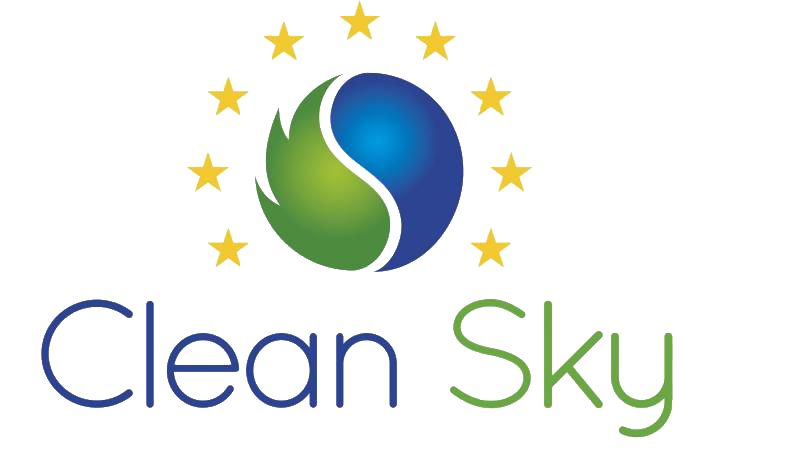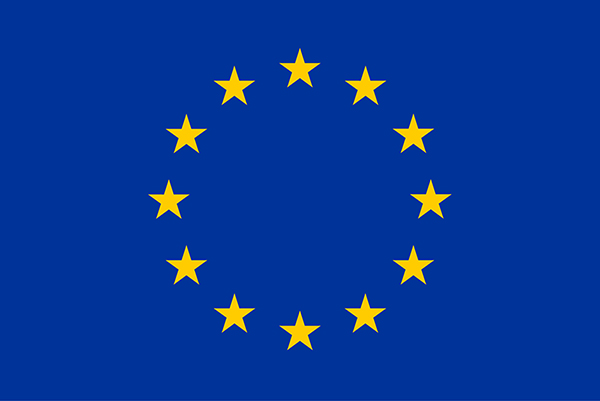RESET 12M meeting at Airbus facilities in Toulouse on 16th of December

On the 16th of December, the consortium of RESET project will meet in the facilities of Airbus situated in Toulouse. This is the 12 month meeting of the project that will last until end of 2017. Partners will discuss the work done during the first period of the project and how they will reach their objectives about reusing plastics from airplane passenger seats.
RESET project will lead to a whole new family of rCFRP reducing, therefore, the environmental footprint by giving a second life to the waste, by means of recycled high value products within the aircraft manufacturing value chain, redounding in the aerospacial economy through a closed-loop cycle philosophy
About RESET project:
Current European policies plead for new technologies capable to implement feasible processes for recycling of products in their end of life cycle. Within this framework the re-use of thermoplastic composites, is a recurrent topic within the aircraft manufacturing industry which needs a suitable solution for the high performance thermoplastic composites once the craft is dismantled. PEEK (Polyether ether ketone) and PPS (Polyphenylene sulphide) all together reinforced with CF (Carbon Fibre) and, are the most common high performance materials considered as leftovers when their lifecycle has come to an end .
Taking this into account, the RESET project aims to bring a second life to those thermoplastic composites which have been condemned to landfills, to the carbon fibre recovery by means of polymer pyrolysis or to energetic recovery. This milestone will be achieved through a sorting and milling process of these materials, leading to short chopped fibre reinforced thermoplastic granulates. These conditioned leftovers will be subsequently used to obtain new reinforced thermoplastic composites, by melt compounding along with virgin polymer, considering both monocomponent as well as binary blends. Besides, an evaluation of the properties of recycled materials will be carried out in terms of repeatability, processability and final product properties in order to ensure the suitability of the products regarding the final application of the demonstrators (e.g, brackets, clips…). With that purpose, process parameters will be defined during the design and evaluation of the prototypes mould.
Summing up, the RESET project will lead to a whole new family of rCFRP reducing, therefore, the environmental footprint by giving a second life to the waste, by means of recycled high value products within the aircraft manufacturing value chain, redounding in the aerospacial economy through a closed-loop cycle philosophy.


This project has received funding from the European Union’s Horizon 2020 research and innovation programme under grant agreement No 686636. This publication reflects only the author’s views and the European Union is not liable for any use that may be made of the information contained therein.

